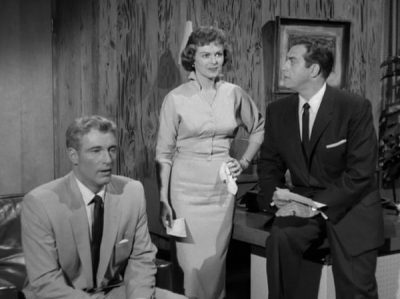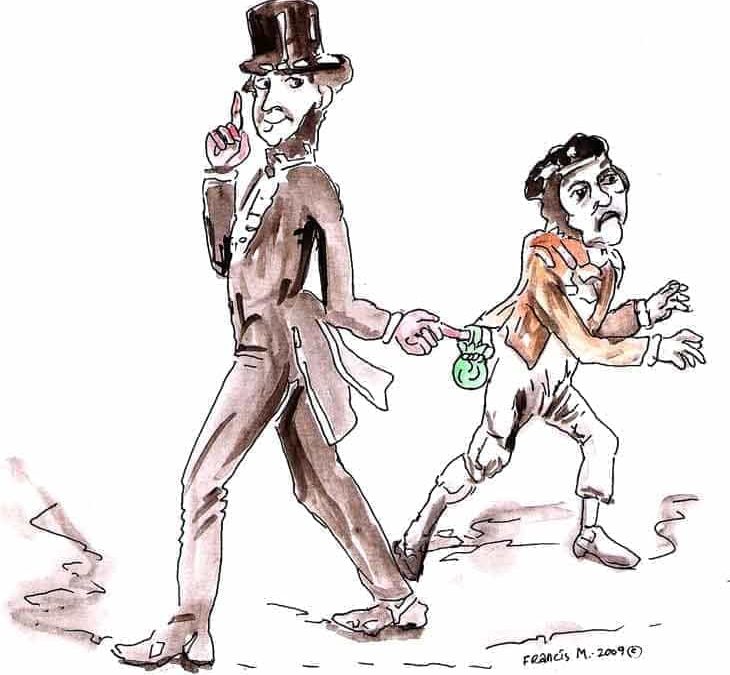
Does My Landlord Owe Me Interest For My Security Deposit?
Does My Landlord Owe Me Interest For My Security Deposit?
Someone recently told me that in San Francisco, a landlord is supposed to give tenants a yearly check for the interest accrued on their security deposit. I’ve lived in my (rent controlled) unit for 13-years and have never received that payment. Is it true? (Mind you, my deposit was so small that I think the interest would only amount to about $60.)
Yes, you are correct. It’s amazing to me that more San Francisco tenants don’t realize this. San Francisco Administrative Code 49.2 provides that simple interest shall be paid to tenants who have lived in their units for at least one year. The interest rates for each year are calculated by the San Francisco Rent Board. The interest is payable annually.
But because it’s a law, it’s not actually that simple. There are a couple of details to consider when you are calculating the interest rate for your deposit.
First, you have to subtract your share of the Rent Board fees. Landlords pay annual Rent Board fees to the Rent Board to cover administrative costs. The fees are assessed on a per unit basis. Tenants are responsible for half of the annual fee. Payment is accomplished by deducting the fee from the annual interest owed. If the landlord pays interest annually (many do not) and your security deposit is small, there may be years when you owe him money for part of the fee.
Second, because the statute provides for payment after one year of residency some people get confused about when interest starts to accrue. Occasionally I run into a landlord’s lawyer who doesn’t understand this. They don’t want to count the interest for the first year. I have to remind them that: 1) It’s required in the statute; and 2) It’s one of the few times tenants get to act like Capital One. The interest starts accruing the second the landlord gets his mitts on the dough!
Alright, let’s figure how much interest you’re owed. Here are the instructions from the Rent Board. Let’s take their example, let’s say your lease commenced on November 1, 1996 and you security deposit is $1,000.00. Take a look at the effective rate for 1996-97. It’s 5%. So from 1996 to 1997 you’re owed $50.00. Continue adding it up from year to year until you get to November 1, 2001. Notice the nasty glitch at August 4, 2002 with 3.7% until February 28, 2003. You will have to apply three different interest rates to get back on track with a November 1 anniversary date.
First you have to figure the daily rate from November 1, 2001 though August 3, 2002. That’s 276 days at 5% (276/365 X .05 X $1000.00 = $37.81).
Second you will have to figure the daily rate from August 4, 2002 until February 28, 2003. That’s 208 days at 3.7%. (209/365 X .037 X $1000.00 = $21.19).
Third, you have to figure the daily rate from March 1, 2003 to October 31, 2003. That’s 245 days (245/365 X .012 X $1000.00 = $8.05).
Your total for years 2001-02 and 2002-03 is $67.05. On November 1, 2003 you’ll use the rate 1.2%. Then you’re back on track.
After you have added up all the interest (should be $449.05), the last thing you have to do is subtract $165.00 (the allowable banked Rent Board fees from 1999.)
Given a November 1, 1996 lease commencement date and a $1000.00 security deposit, on November 1, 2009 your landlord owed you $284.05. I’m not going to calculate the 2009-10 partial interest owed.
What a pain…but often very satisfying given that many security deposits are much higher that $1000.00. If your security deposit is so small that you’ll accrue less than the combined Rent Board fees, don’t bother.
Yo, SF Appeal reading techies. There has got to be a way to develop an automatic calculator for this.
Update: The folks at Relisto.com developed a very good security deposit interest calculator. See it on our Tenant Resources page.


 This is a dance you probably shouldn't try to do by yourself. Almost all tenants need a lawyer to lead. You likely have a better chance buying a house than you do prevailing in an unlawful detainer by defending yourself.
This is a dance you probably shouldn't try to do by yourself. Almost all tenants need a lawyer to lead. You likely have a better chance buying a house than you do prevailing in an unlawful detainer by defending yourself.

